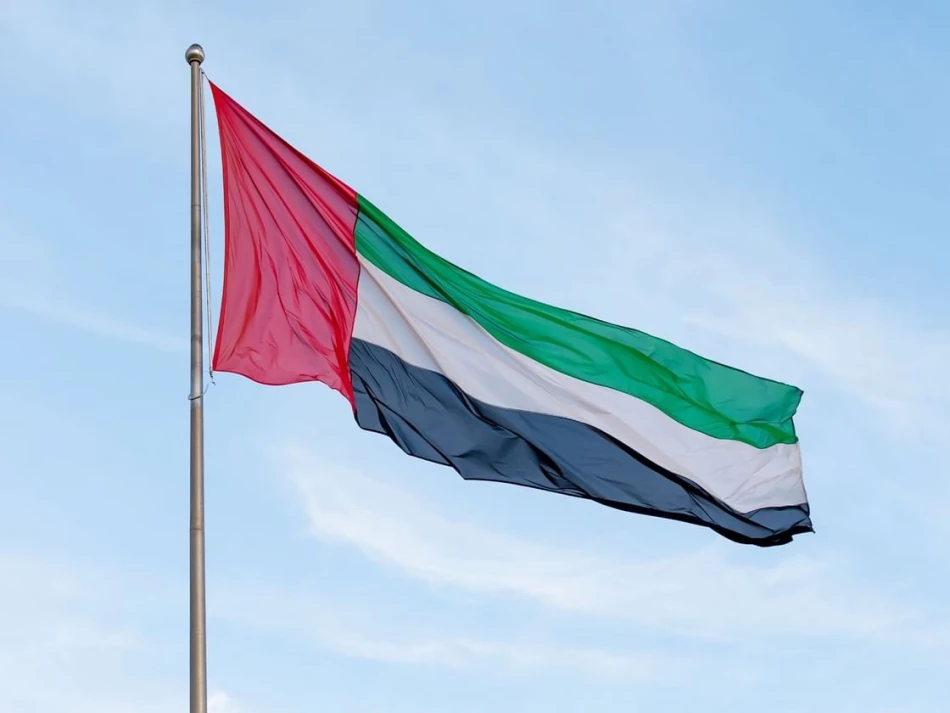
UAE Calls for Sudan Conflict Resolution Amid Rising Misinformation from Port Sudan Authority
UAE Escalates Diplomatic War of Words as Sudan's Civil Conflict Deepens
The United Arab Emirates has issued a sharp rebuke against what it calls the "Port Sudan authority," one of the warring factions in Sudan's ongoing civil war, accusing the group of spreading false claims to undermine peace efforts. The statement signals a hardening of positions as international mediation efforts struggle to gain traction in Africa's third-largest country, where fighting between rival military factions has displaced millions and created one of the world's worst humanitarian crises.
The Blame Game Intensifies
The UAE's unusually direct language marks a significant escalation in diplomatic tensions surrounding the Sudan conflict. By specifically targeting the "Port Sudan authority" – a reference to the Sudanese Armed Forces (SAF) leadership that relocated to the Red Sea port city – the Emirates is openly taking sides in a conflict that has divided the international community.
According to the UAE statement, these "false allegations" are part of a "systematic campaign" designed to deflect responsibility and prolong the war. This accusation suggests Abu Dhabi believes the SAF faction is deliberately sabotaging peace negotiations to maintain its grip on power, a strategy that has become increasingly common in modern conflicts where military leaders prefer indefinite war to political compromise.
Regional Power Play in the Red Sea
The UAE's position reflects broader geopolitical calculations in a strategically vital region. Sudan's Red Sea coastline offers access to one of the world's most important shipping lanes, while the country's agricultural potential and mineral resources make it a prize worth competing for among regional powers.
Competing Influence Campaigns
The Emirates finds itself in competition with other regional actors, including Egypt, Saudi Arabia, and Ethiopia, each backing different factions or pursuing separate diplomatic tracks. This fragmented international response has historically prolonged conflicts in the Horn of Africa, as seen in Somalia and South Sudan, where competing external interests prevented unified peace efforts.
The UAE's criticism of the Port Sudan authority also reflects its broader strategy of positioning itself as a responsible regional power, contrasting with rivals like Iran or Turkey that it portrays as destabilizing forces.
Humanitarian Crisis as Diplomatic Leverage
With over 10 million Sudanese displaced and famine threatening multiple regions, the humanitarian situation has become a tool of diplomatic pressure. The UAE's emphasis on "civilian-led processes" and putting "the needs of the Sudanese people above the interests of any party" represents standard diplomatic language, but also reflects genuine concern that prolonged instability could create refugee flows and security challenges across the region.
The Mediation Challenge
International mediation efforts, including those led by the African Union and supported by the UAE, face the classic problem of warring parties who believe they can still win militarily. Unlike successful peace processes in other conflicts, neither Sudan's military factions appears ready for serious compromise, making external pressure essential but insufficient.
Economic and Strategic Implications
For the UAE, Sudan represents both opportunity and risk. The country's potential as an agricultural hub could help Gulf states achieve food security goals, while its Red Sea ports offer alternatives to the Suez Canal route. However, continued instability threatens these long-term investments and could create security challenges that require costly military interventions.
The Emirates' diplomatic offensive also serves domestic audiences, demonstrating that Abu Dhabi is actively engaged in regional crisis management rather than simply pursuing narrow commercial interests. This positioning becomes crucial as the UAE seeks to maintain its reputation as a stable, responsible actor amid broader Middle Eastern turbulence.
As international attention focuses on conflicts in Ukraine and Gaza, Sudan risks becoming a forgotten crisis where regional powers pursue competing agendas without sufficient global oversight. The UAE's latest statement suggests this dangerous dynamic is accelerating rather than resolving.
Most Viewed News

 Sara Khaled
Sara Khaled






